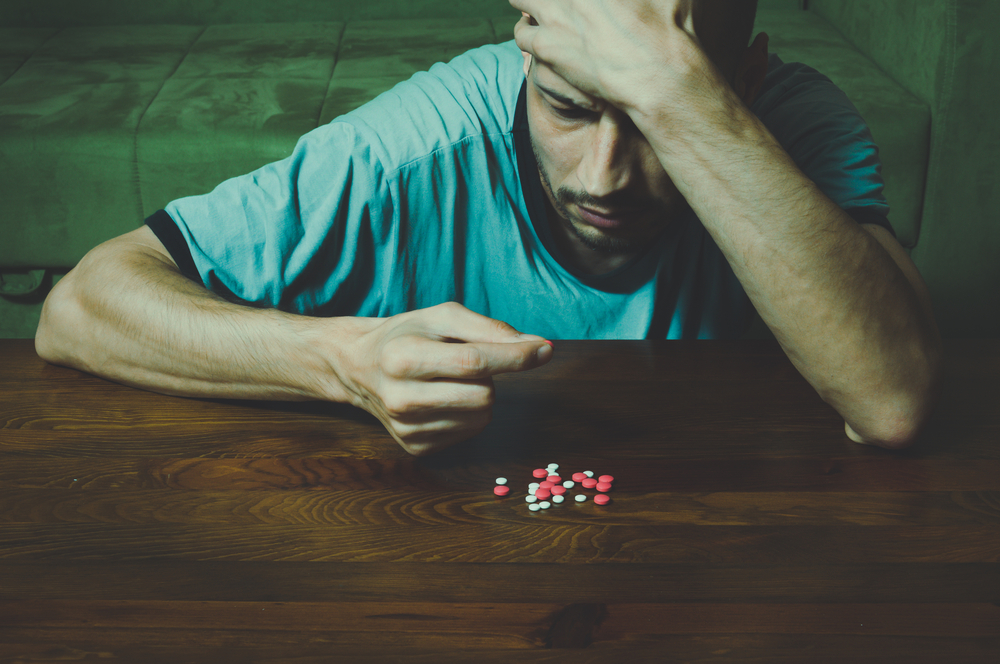


Addiction treatment can be complex and challenging, mainly when underlying mental disorders exist. As a result, psychiatric drugs like antidepressants, antipsychotics, and mood stabilizers are often prescribed to individuals with addiction to help manage these conditions and improve their chances of recovery. However, the use of psychiatric medications in addiction treatment is a controversial topic.
Some argue that these drugs are often used as a substitute for other treatments or to control behavior. There are also cases of overuse, especially when patients receive drugs for conditions they aren't suffering from.
Psychiatric medications can be effective in managing symptoms of mental disorders. But there's a growing concern about their potential for misuse or abuse and their side effects. With that said, the decision to use psychiatric drugs in addiction treatment should be made on a case-by-case basis. Treatment providers should carefully weigh the potential benefits and risks of these drugs and use them in conjunction with other evidence-based treatments, such as behavioral and group therapy.
Psychiatric medications are prescription drugs used to treat various mental health conditions, such as depression, anxiety, bipolar disorder, and schizophrenia. They work by altering the chemicals in the brain that are associated with these conditions.

In addiction treatment, psychiatric medications help manage the symptoms of underlying mental health conditions that may be contributing to the addiction. According to SAMSHA, mental health and substance use disorders often co-occur, with each condition leading to the other about 50% of the time. Someone with depression or anxiety may turn to drugs or alcohol to cope with their symptoms, and vice versa. A comprehensive approach to dual diagnosis can help ensure both conditions are addressed, helping patients manage their addiction more effectively.
Psychiatric drugs can be effective in helping individuals manage the underlying mental health conditions that contribute to their addiction. They can:
While these medications can effectively treat symptoms and improve the quality of life for some patients, there are concerns about overprescribing and potential side effects. Studies show that many Americans take prescribed medication that may be inappropriate or not work for their mental health problems.
Prescription medications are not always the safest or most effective route for patients. Atypical antipsychotic drugs like Chlorpromazine, Fluphenazine, Haloperidol, etc., have been shown to cause deviations in blood pressure and Tardive Dyskinesia, a movement disorder characterized by abnormal, uncontrollable, and repetitive movements of the torso, face, and other body parts.
They also cause common side effects like blurred vision, confusion and agitation, erectile dysfunction, hallucinations, and drowsiness. Yet, many Americans go to their primary health care providers and leave with a prescription drug without knowledge of other evidence-based treatments that might be more effective and without the side effects.
According to the CDC, many patients are now receiving psychotropic medications without proper evaluation by mental health professionals. This is concerning as proper evaluation and diagnosis by a mental health professional is essential to determine the appropriate course of treatment for a patient's specific condition. Additionally, overreliance on medication as the sole treatment option can overlook other critical interventions, such as therapy or lifestyle changes, that can improve a patient's mental health and well-being.

In addition, some medications used to treat mental health conditions, such as benzodiazepines or stimulants, can have the potential for dependence and withdrawal symptoms if not properly managed. And to worsen the situation, some withdrawal symptoms can mask mental health conditions, leading to misdiagnosis and overprescription of medication. Such cases can cause life-threatening consequences, exacerbate underlying conditions, increase the risk of self-harm and suicidal thoughts, and compound mental health issues.
Overusing psychiatric medicines may create neurobiological changes that affect long-term mental health recovery. According to research, these permanent changes can turn transient symptoms into chronic and lifelong mental disorders.
While psychiatric medications can effectively manage certain mental health conditions, they should not be the only treatment option offered to patients. Instead, a comprehensive approach to treatment that includes therapy, counseling, and lifestyle changes should be considered alongside medication use.

Psychotropic drugs can be beneficial in addiction treatment and can be life-saving for some patients. However, it is essential for a mental health professional to prescribe psychiatric medications after proper evaluations that include a patient's family history of mental health conditions and any past experiences with medication.
At More Than Rehab, we take a holistic approach to addiction treatment, utilizing evidence-based therapies and medications as appropriate and prioritizing individualized care that addresses the root causes of addiction. Our team of mental health professionals is dedicated to ensuring that medications are used responsibly and appropriately as part of a comprehensive treatment plan.
We recognize that psychotropic drugs can have significant side effects and potential for dependence and therefore prioritize careful evaluation and monitoring of each patient's medication use. Ultimately, our goal is to help patients achieve lasting recovery and improved quality of life through a personalized approach to addiction treatment.


